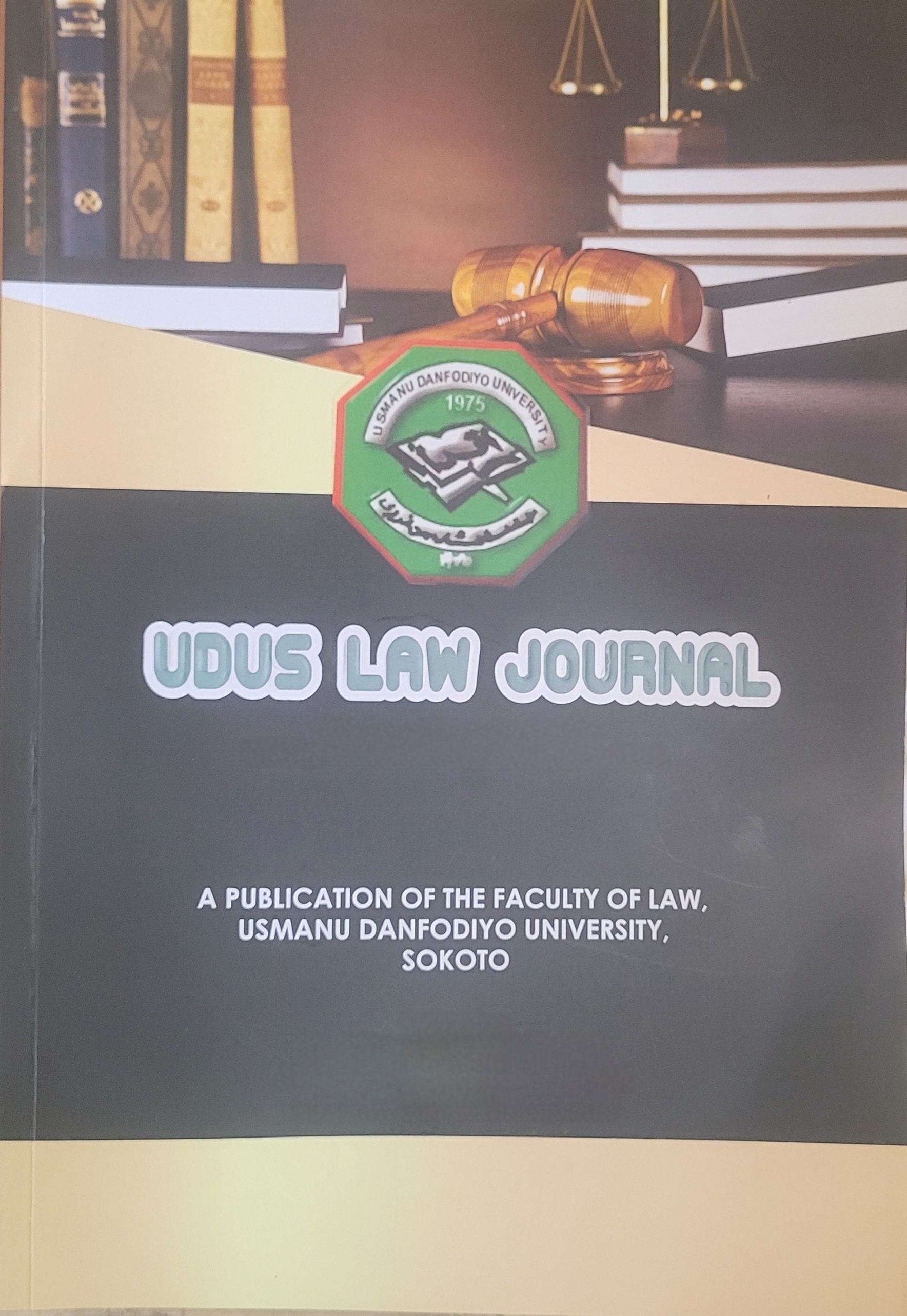Abstract
It is trite law that taxation is a compulsory levy by the government on the incomes of individuals, properties and corporate bodies’ e.t.c. for the upkeep of the government. The failure of these taxpayers to pay their income tax amount to tax evasion and tax avoidance which the tax laws classified into civic and criminal sanctions. The act, commission or omission for not paying income tax constitutes tax offences in which the tax statutes visit with penalties. This paper considers the ways and manners in which the judiciary adjudicates on tax offences and the penalties against corporate bodies according to the laws on company taxation. The problems associated to this are that, despite the provisions of the law against tax offences, the penalties appears to be ineffective to defer the commission of tax evasion and avoidance. The courts of law are saddled with the responsibility for the trial of tax defaulters and often apportion civil and criminal sanctions against them as can be observed from several cases brought before it. Thus, it is expedient to have a strong judiciary that can legally adjudicate on tax matter without any iota of fear and favour. But the judicial arm of government cannot be effective without formidable civil and criminal sanctions in our taxing provisions. It is therefore left to the legislature to enact effective laws that will counter the commission of tax offences by making strong and effective penalties against the breach of tax laws.



 National Library of Nigeria
National Library of Nigeria.jpg) Association of Nigerian Authors
Association of Nigerian Authors Nigerian Library Association
Nigerian Library Association EagleScan
EagleScan Crossref
Crossref